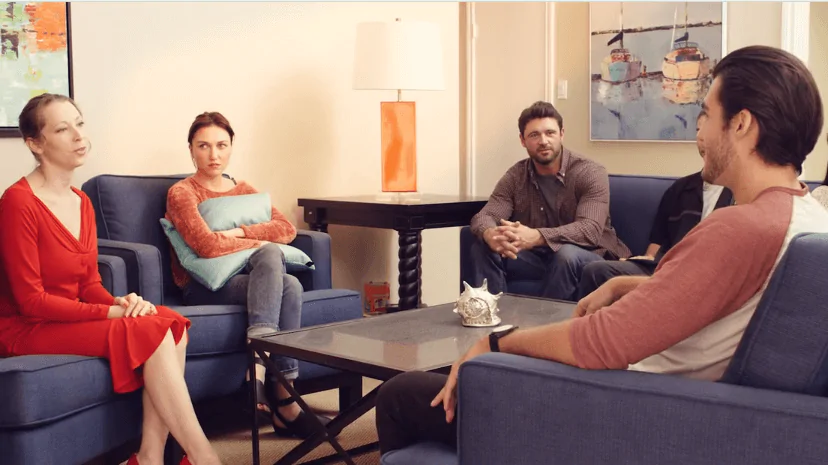24/7 Helpline:
(866) 899-221924/7 Helpline:
(866) 899-2219
Learn more about Medication-assisted Treatment centers in Netawaka

Other Insurance Options

MVP Healthcare

GEHA

Molina Healthcare

CareSource

CareFirst

Horizon Healthcare Service

Evernorth

WellCare Health Plans

Absolute Total Care

Coventry Health Care

Magellan Health

Health Net

Medical Mutual of Ohio

Amerigroup

Excellus

Sutter

PHCS Network

Multiplan

Providence

Carleon




Scioto Paint Valley Mental Health Center
Scioto Paint Valley Mental Health Center provides help for drug addiction, alcoholism, and a variety...




























Stormont Vail Behavioral Health
Stormont Vail Behavioral Health is a private rehab located in Mayetta, Kansas. Stormont Vail Behavio...

Hope Valley Recovery
Hope Valley Recovery is an alcohol and drug treatment center in Circleville, Ohio. They use a multif...

Pickaway Recovery Services
Pickaway Recovery Services is a private rehab located in Circleville, Ohio. Pickaway Recovery Servic...









































































































































